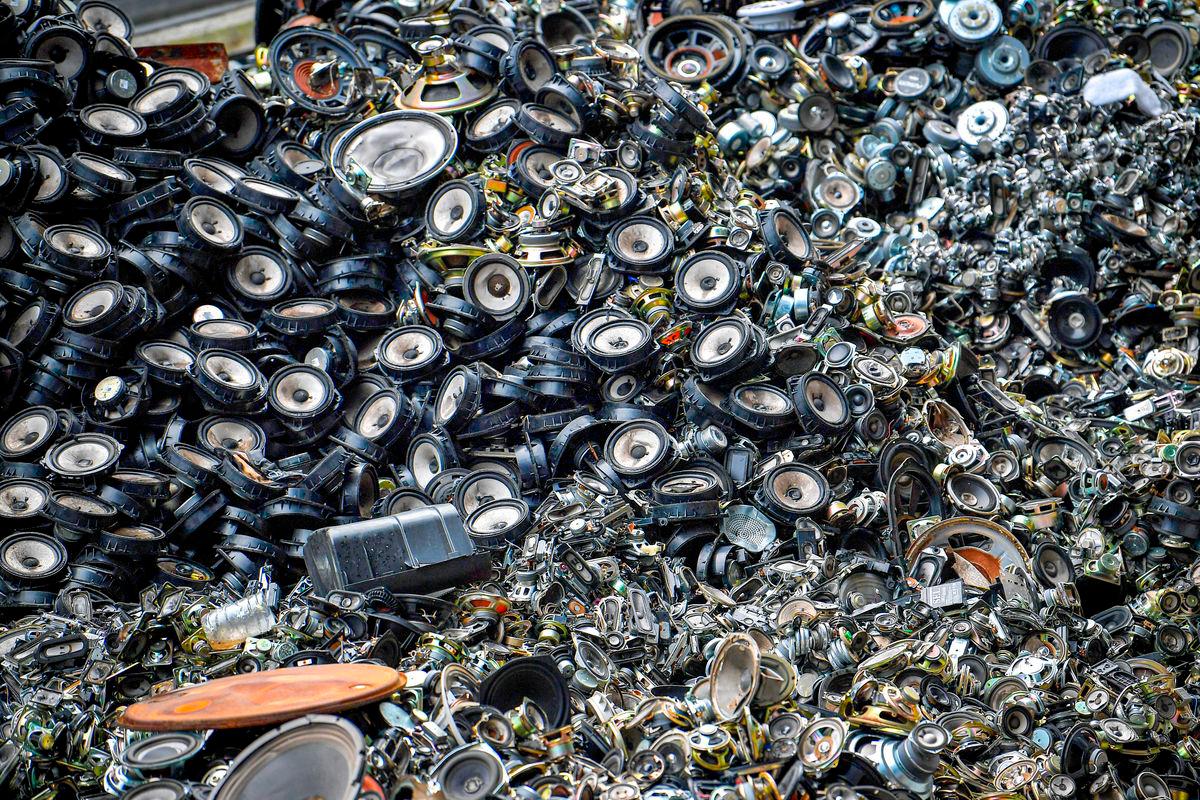ALOR SETAR: The illegal operation of facilities recycling electrical and electronic waste (e-waste) has become an increasingly pressing concern, despite recent amendments to the Environmental Quality Act 1974 that impose stiffer penalties on offenders.
Kedah Department of Environment (DOE) director Sharifah Zakiah Syed Sahab said several premises involved in the illegal processing and disposal of e-waste in the state have already been identified and action taken.
“Some cases have resulted in convictions, while others are still being processed in court. Illegal e-waste operations generate substantial profits, which is why this activity continues to spread, even though the maximum penalty now reaches RM10 million,” she told reporters.
Sharifah Zakiah was speaking to reporters after launching the Environmental Management and Compliance Seminar 2025, organised by the department in collaboration with the Kedah Environmental Club (KASKED). The event drew 430 participants, including exhibitors from industry players across the country.
She noted that the amendments to the Environmental Quality Act, which came into force on July 7 last year, are aimed in part at curbing the illegal import and smuggling of e-waste into the country.
“If violations are detected involving the import, storage, processing or disposal of e-waste, offenders now face fines of up to RM10 million, compared to RM500,000 previously, and mandatory jail sentences of up to five years,” she said.
Sharifah Zakiah also stressed that poor management of industrial and domestic waste could contribute to serious environmental degradation, underscoring the importance of effective environmental governance and strict compliance with laws and regulations.
She called for a coordinated, multi-stakeholder approach to pollution control and urged the public to act as the ‘eyes and ears’ of enforcement agencies by reporting any suspicious activities to facilitate prompt action.
“This isn’t just the government’s responsibility. It requires the full involvement of all parties, including industry, the community, non-governmental organisations, educational institutions and individuals.
“As development continues to strain environmental sustainability, the media also plays a key role in spreading awareness and encouraging a collective sense of responsibility,” she added.
The two-day seminar, which concludes tomorrow, includes presentations on legal compliance, industrial pollution management, environmental monitoring and community engagement in environmental protection.









